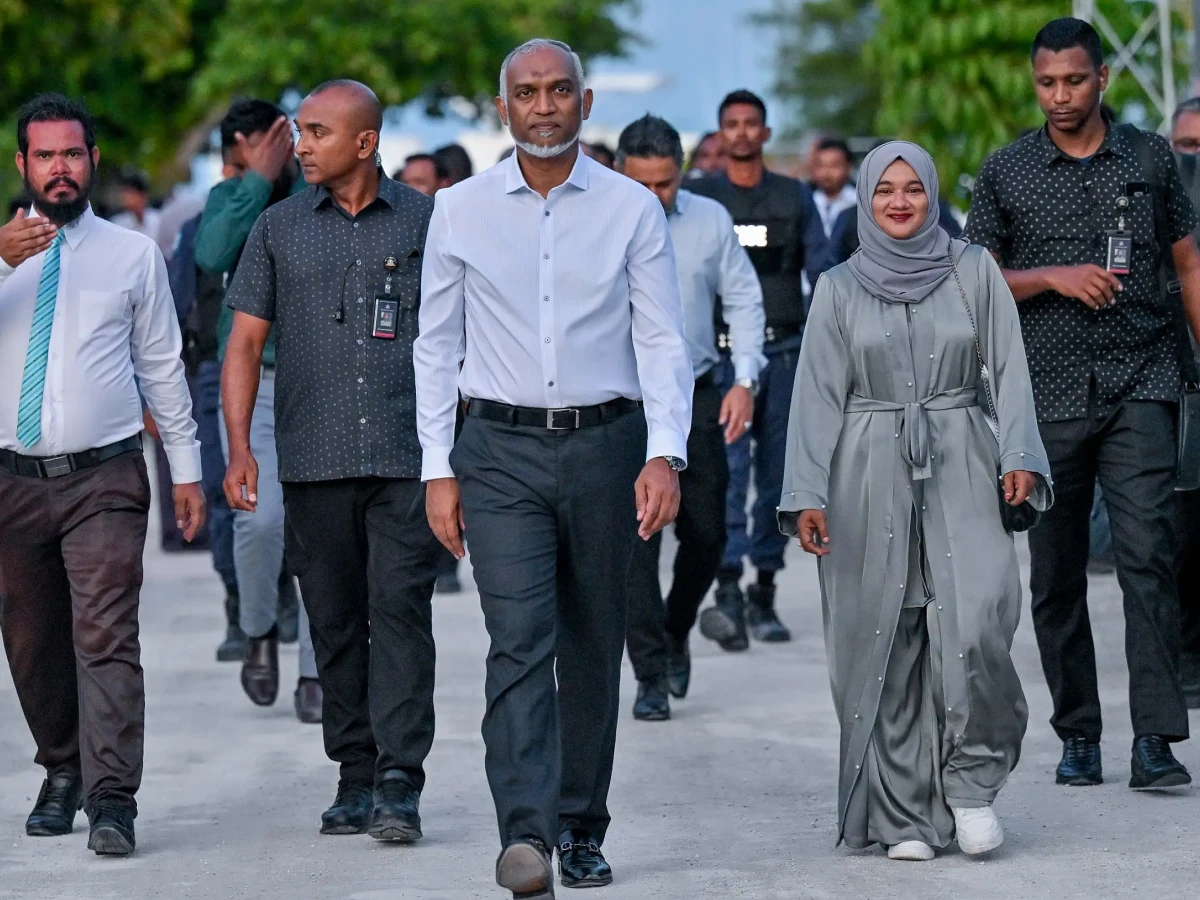
President proposes part-time councillor system to reduce costs
President Muizzu revisited the topic of council restructuring, which he first raised last year.
President Mohamed Muizzu on Wednesday proposed a new approach to managing local councils, aiming to reduce expenditure without decreasing the number of councillors.
The proposal includes introducing part-time councillors who would receive a sitting allowance rather than full-time salaries.
Speaking during his visit to nine islands in the Huvadhoo Atoll, President Muizzu revisited the topic of council restructuring, which he first raised last year. At that time, he suggested reducing the number of councillors in villages with populations under 3,000. The opposition criticised this plan, claiming it would weaken democratic representation and undermine decentralisation efforts.
Addressing these concerns, the president outlined an alternative system:
-
The council president and vice-president would serve full-time, ensuring continuity and leadership in council operations.
-
Remaining councillors would serve part-time, receiving allowances for each meeting they attend.
-
This model, the president noted, is employed in several developed countries and could provide cost savings without affecting democratic representation.
“The number of councillors would remain the same. However, only the president and vice-president would be based in the office full-time,” he explained.
President Muizzu suggested that the part-time system could also be extended to city councils and Women’s Development Committees (WDCs). In city councils, the mayor and deputy mayors would operate full-time, with other councillors working part-time.
“This approach would ensure representation while optimising costs,” the president stated.
He emphasised the importance of public participation in the decision-making process.
“If the people support this idea, I encourage a public debate. This issue needs careful discussion at technical levels, in public consultations, and within households,” he said.




